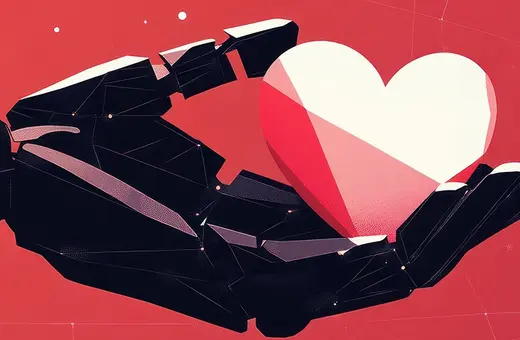Consumerism is not just a feature of our modern society. For decades, those in power have been using consumerism as a means to fragment and control those without power. From slaves to communists and feminists, consumerism alongside a tactic to hijack and divide revolutionary groups, has been the strategy of choice to quash any rebellion, writes Jorge Majfud.
Translated by Andy Barton, Tlaxcala
Strategy and dogma
While declaring the abolition of traditional slavery in the Caribbean, the British envisioned a new type of enslavement that the new slaves would themselves desire. On 10th June 1833, Rigby Watson, a member of parliament, clearly summarised this idea: “To make them labour, and give them a taste for luxuries and comforts, they must be gradually taught to desire those objects which could be attained by human labour. There was a regular progress from the possession of necessaries to the desire of luxuries; and what once were luxuries, gradually came, among all classes and conditions of men, to be necessaries. This was the sort of progress the Negroes had to go through, and this was the sort of education to which they ought to be subject in their period of probation”.
In 1885, Henry Dawes, a U.S. senator from Massachusetts recognised as an expert in indigenous matters, gave a report on his most recent visit to the Cherokee territories that remained. According to this report, “there was not a family in that whole nation that had not a home of its own. There was not a pauper in that nation, and the nation did not own a dollar. It built its own capitol, and it built its schools and its hospitals. Yet the defect of the system was apparent. They have got as far as they can go because they own their land in common … There is no selfishness, which is at the bottom of civilisation. Til this people will consent to give up their lands, and divide them among their citizens so that each can own the land he cultivates, they will not make much more progress…”.
Naturally, the opinions of people like Dawes would prevail, in other words, those who manage others’ success, and the Cherokee territories would be divided up and generously offered back to their inhabitants as private property. The Mexican dictator Porfirio Díaz would impose the same exact privatisation programme on the communal production system as a way to emulate the success of the United States, achieving the feat of leaving 80% of the rural population without any land of their own, something which would culminate in the Mexican Revolution many years later.
While declaring the abolition of traditional slavery in the Caribbean, the British envisioned a new type of enslavement that the new slaves would themselves desire.





















Join the conversation